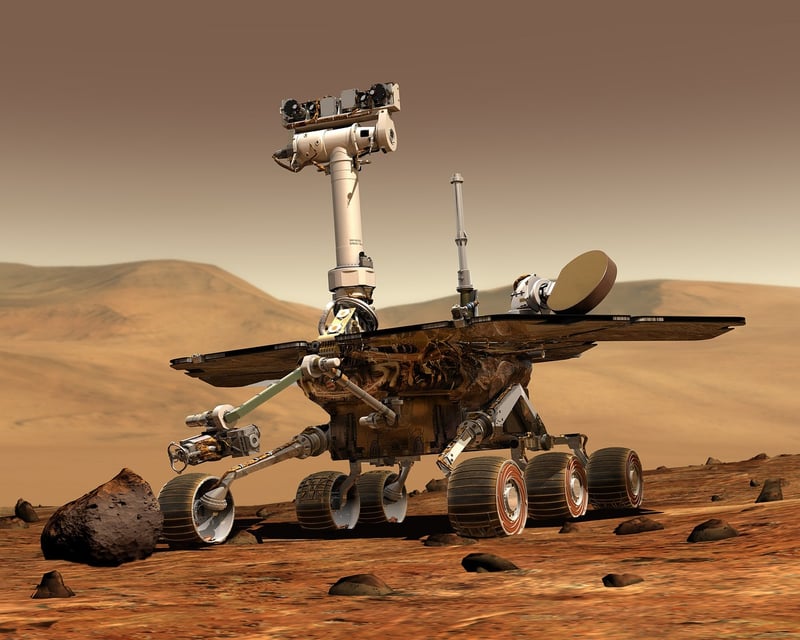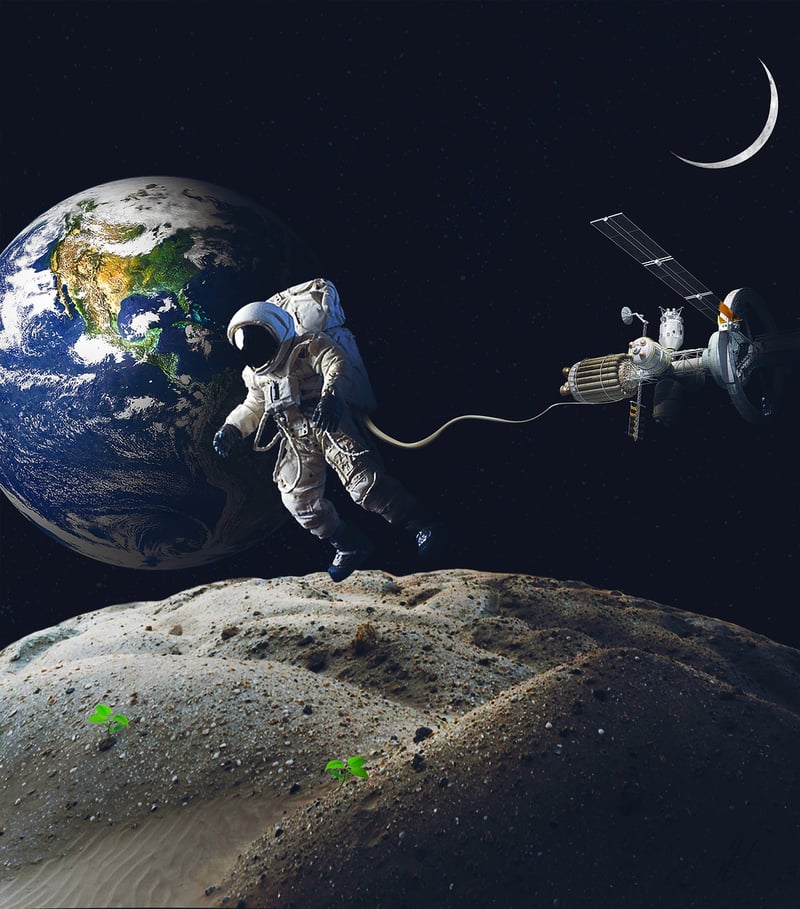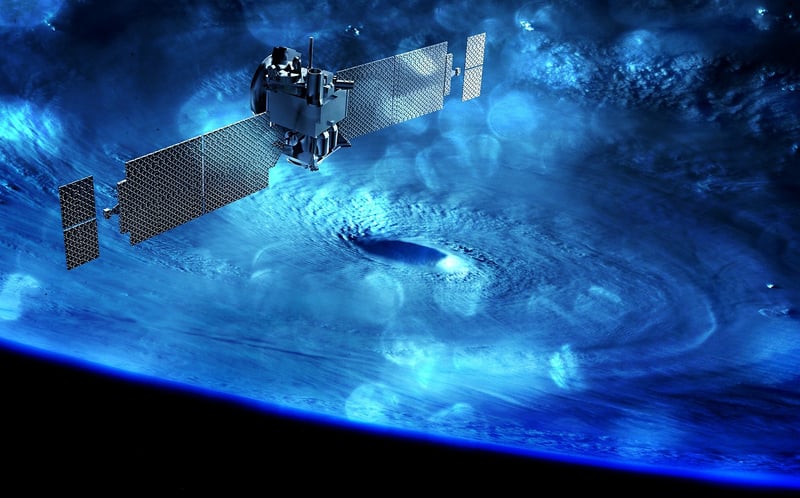Interplanetary Probes
The Future of Space Exploration: Innovations in Interplanetary Probes
Space exploration has always been a fascinating endeavor, pushing the boundaries of human knowledge and technology. In recent years, significant advancements in interplanetary probes have revolutionized our understanding of the cosmos. Let's delve into some of the most exciting innovations in space exploration and interplanetary probes.
1. Ion Propulsion Systems
Ion propulsion systems have emerged as a game-changer in interplanetary travel. Unlike traditional chemical propulsion systems, ion engines generate thrust by accelerating ions using electricity. This technology enables spacecraft to reach higher speeds and explore distant planets more efficiently.

2. Autonomous Navigation
Autonomous navigation capabilities have enhanced the autonomy of interplanetary probes. These systems utilize artificial intelligence and machine learning algorithms to make real-time decisions during space missions. By enabling probes to react to unexpected situations, autonomous navigation has significantly improved the success rate of missions.

3. Sample Return Missions
Sample return missions involve collecting samples from celestial bodies such as asteroids, comets, or other planets and returning them to Earth for analysis. These missions provide invaluable insights into the composition and history of these bodies, potentially unlocking secrets about the origins of our solar system.

4. Interplanetary Internet
The concept of an interplanetary internet aims to establish communication networks between spacecraft, rovers, and Earth, enabling real-time data transmission over vast distances. This innovation paves the way for collaborative exploration missions and facilitates rapid decision-making based on data received from remote probes.

5. Nuclear Power Systems
Nuclear power systems offer a reliable and long-lasting energy source for interplanetary probes, especially during missions to regions with limited sunlight, such as the outer planets or deep space. These systems provide the necessary power for scientific instruments, communication systems, and onboard equipment, extending the operational lifespan of spacecraft.

As technology continues to evolve, the future of space exploration looks promising. Innovations in interplanetary probes will not only deepen our understanding of the universe but also inspire new generations to reach for the stars.
Explore more about space exploration and the latest innovations at NASA's official website.
